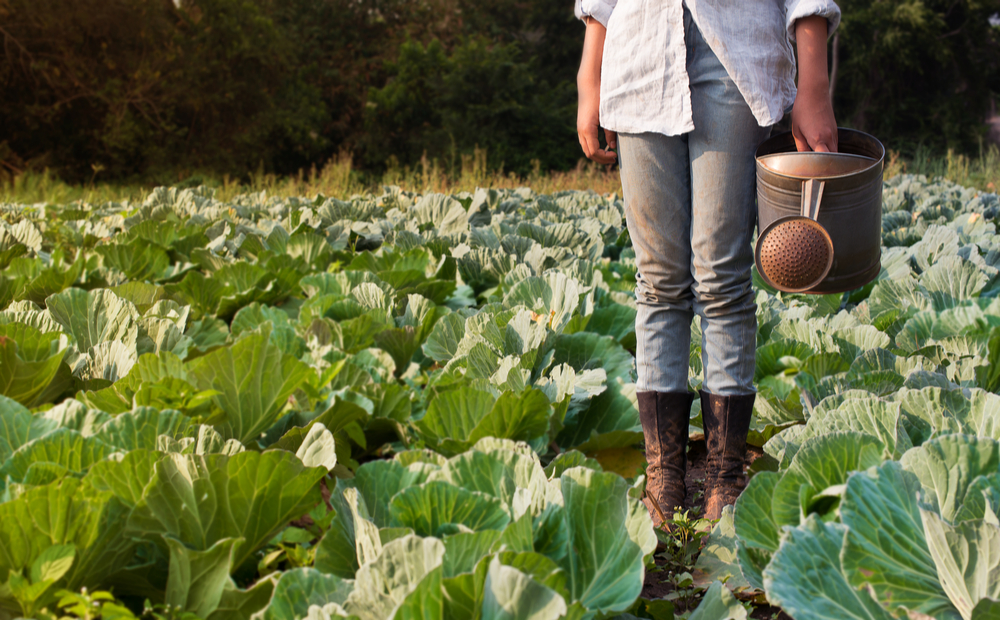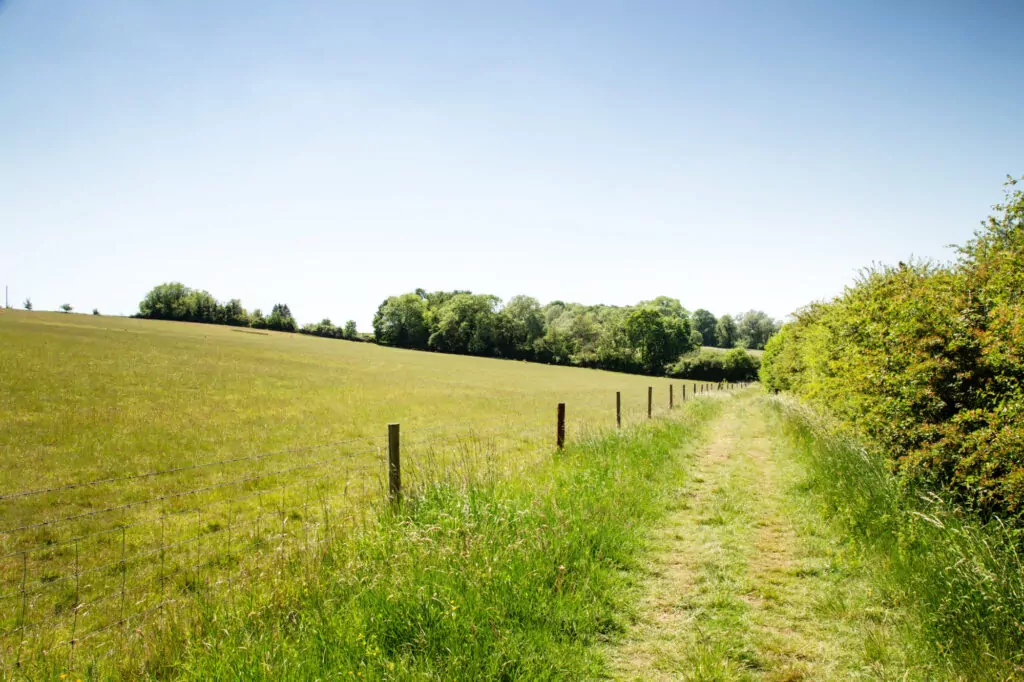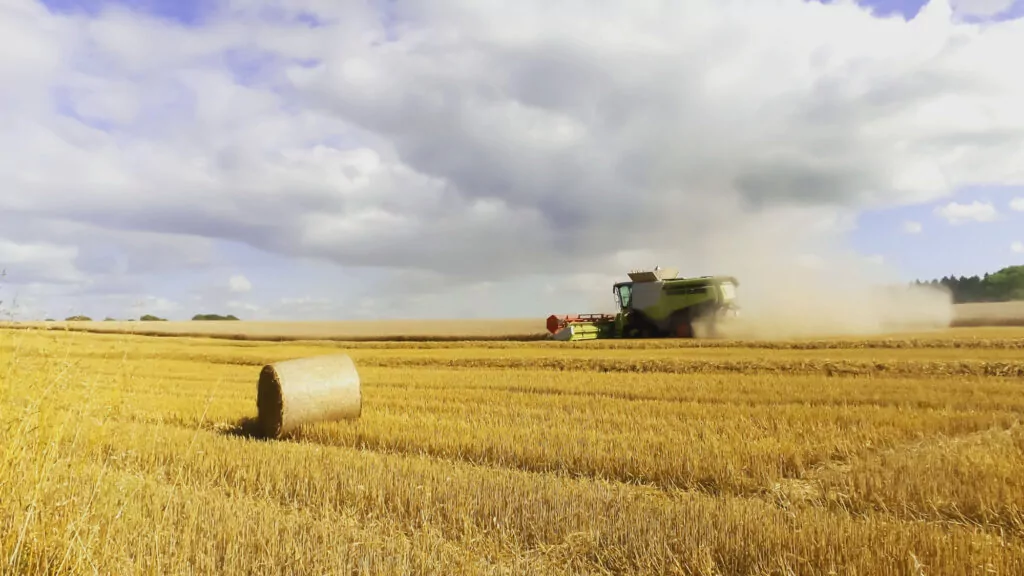Alternatively, it might be possible to pursue a claim for financial provision from the estate under the Inheritance (Provision for Family and Dependants) Act 1975. A child of a deceased parent is eligible to bring a claim against their parent's estate for a financial award to meet their maintenance needs. The Court would consider whether the terms of the will or the intestacy rules fail to make reasonable financial provision for the child. If the Court concludes that an award should be made, it will consider what would be a reasonable award in all the circumstances.
The provision that an individual requires for their 'Maintenance' is not defined within the Act, but there is guidance in case law. An accepted definition is: "not just enough to enable a person to get by, but on the other hand, not anything which may reasonably be regarded as reasonably desirable for the applicant's general benefit or welfare". An award can include housing provision and funds to cover everyday living expenses. The child's standard of living during their parent's lifetime will be taken into account.
The outcomes
When reaching a decision, the Court will weigh up several factors set out in the Act, including the child's financial situation, the nature of the estate assets and liabilities, the parent's obligations and responsibilities towards their child and the position of other beneficiaries of the estate. The Court can be flexible when making an award, which could make provision for the child to receive a property outright, the right to occupy a property, a cash sum or a series of payments from the estate or a trust.
If the child pursues both claims, the Court will consider the proprietary estoppel claim first. If the Court awards the child a property or cash to satisfy the estoppel then it is likely that their claim for reasonable financial provision under the Act will be reduced or even fall away. This all depends on whether the child has already received sufficient assets from the estate to enable them to satisfy their maintenance needs.
The focus in proprietary estoppel claims is on the promise or assurance made, and the extent to which is it is fair and equitable to meet the claimant's expectations. In claims under the Act, the focus is on the provision that the claimant requires for their maintenance needs. Both claims require consideration of the actions and obligations of the deceased parents (including the terms of any will), and the financial circumstances of their children and other beneficiaries left behind.
There may be other claims that could be pursued depending on the structure of the farming operation and what has happened in the business and family. For example, there are often significant arguments over what is a partnership asset, whether property is held on trust or the manner in which the estate is being administered.
If you find yourself in the situation described above then you do need to take advice. These disputes simply get more complicated and difficult if not dealt with swiftly. However, the best way to deal with these scenarios in farming families is to avoid them ever arising. That can do done with careful succession planning and open discussions within the family.
Our Experts in the Field podcast produced by Foot Anstey explores some of these topics and discusses the current trends in the new markets for offset land, together with some of the opportunities for landowners to review currently held assets. Listen to the podcast here.















